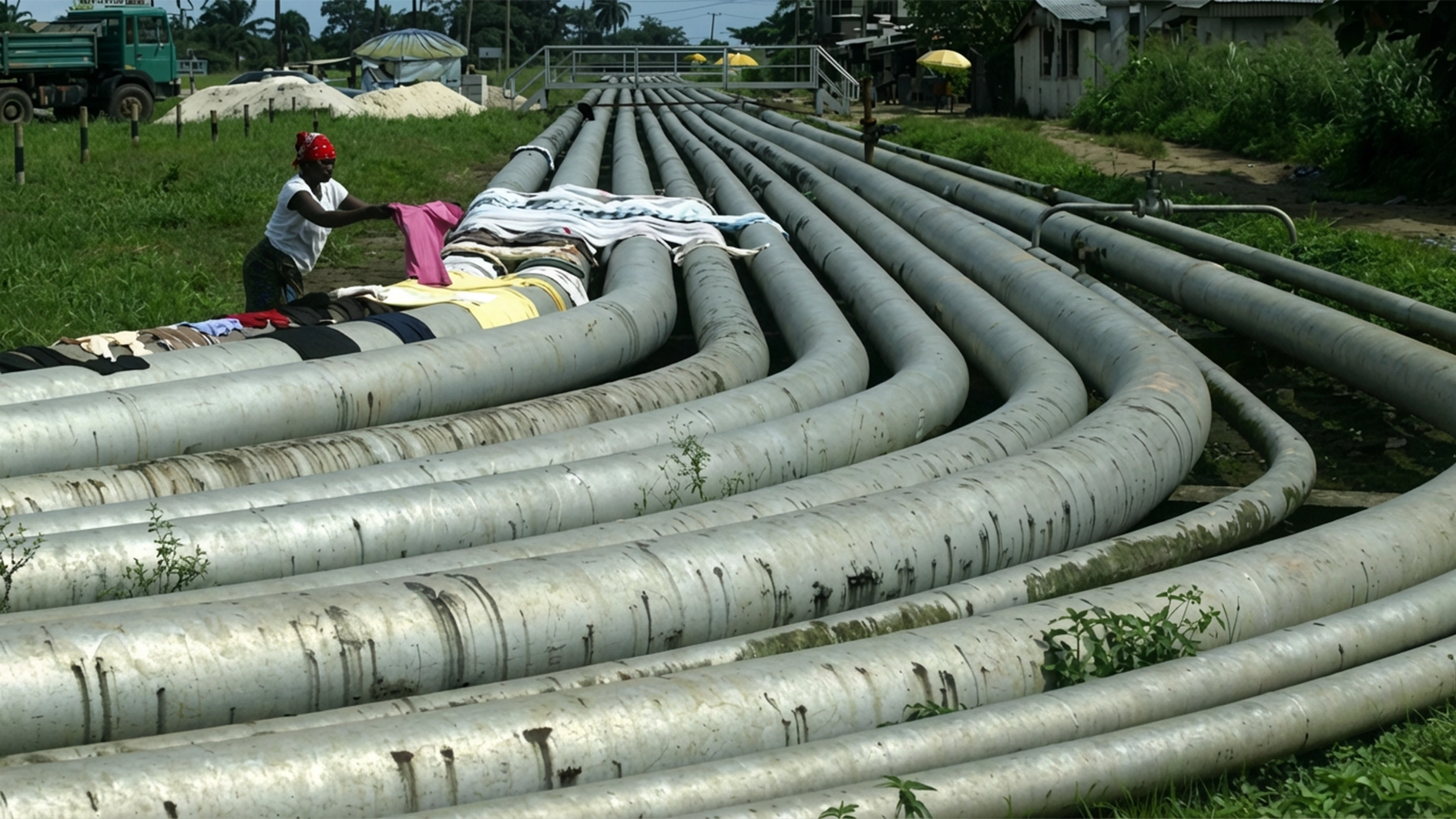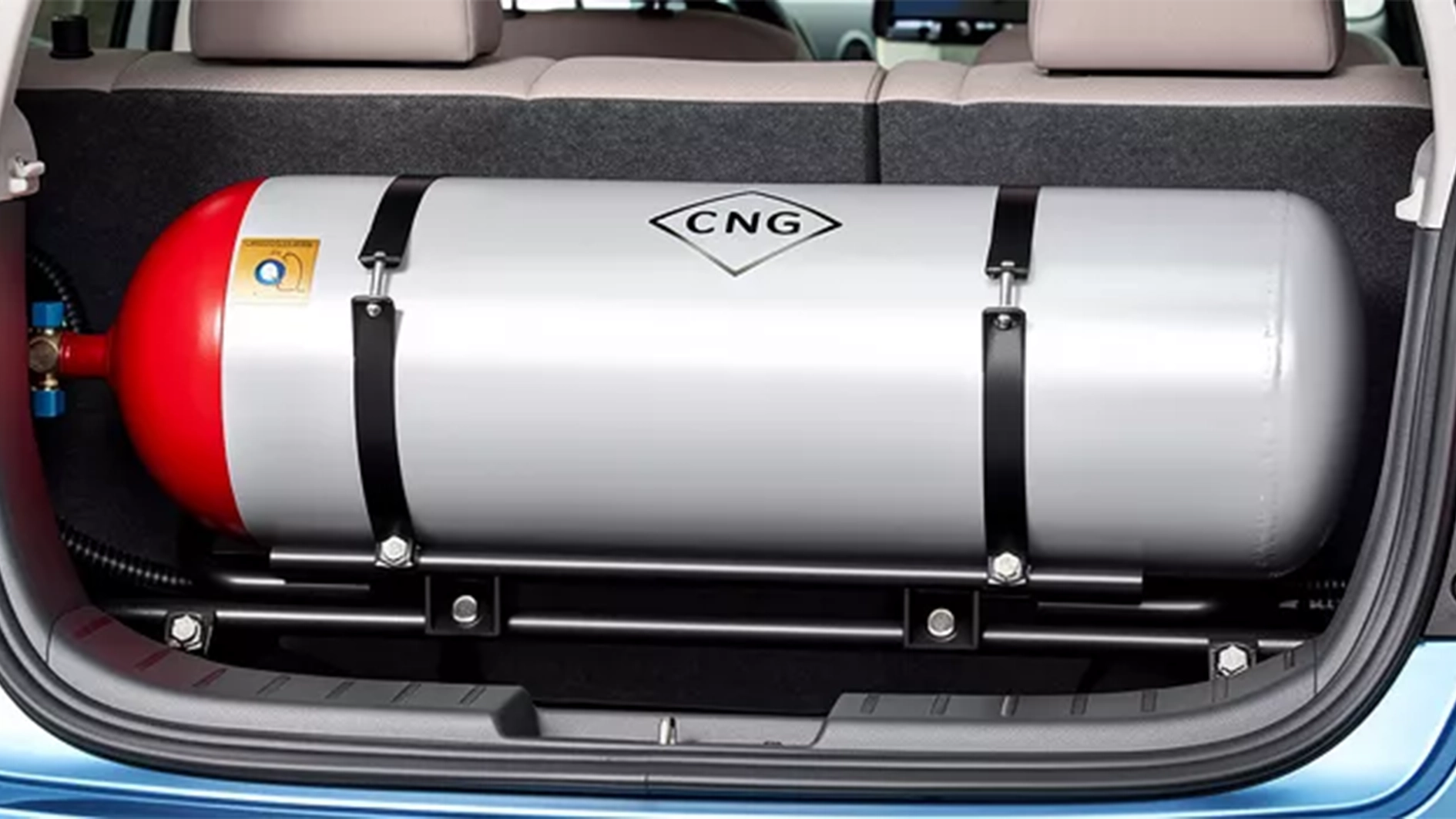Irish company, CDGA Consultants, through its Nigerian subsidiary Cork Nigeria Solar Energy Company (CNSEC), has announced plans to establish a 200-megawatt solar panel manufacturing plant in the Lagos Free Zone. The move is part of a broader strategy to support Nigeria’s transition to cleaner, more affordable energy by building local manufacturing capacity and training a new generation of solar technicians.
In an exclusive interview with The Guardian, CNSEC Managing Director, Dan Moriarty said the project goes beyond infrastructure.
“Our vision is to manufacture Nigerian-made solar PV modules and have them installed by Nigerian technicians trained through our certified programme,” he stated.
According to him, the company is not just building a plant but building capacity, jobs, and skills that would stay in Nigeria and drive long-term energy transformation.”
Moriarty is in Nigeria this week for high-level meetings with stakeholders including the Minister of Power, the Nigerian Electricity Regulatory Commission (NERC), the Nigerian Investment Promotion Commission (NIPC), and the Rural Electrification Agency (REA), among others.
The company is also hosting an Offtakers Roundtable to forge strategic partnerships and supply agreements.
Highlighting the country’s heavy reliance on generator fuel, Moriarty noted, “When I hear that Lagos residents and businesses spend over N1.4 trillion annually on generator fuel, I see an enormous opportunity. This project can offer a sustainable, cost-effective alternative while building a robust local solar industry.”
Backed by CDGA Consultants, which has experience in electrification projects across Africa and the Middle East, CNSEC brings a unique focus on skills transfer.
“Too often, development projects focus on equipment, not people,” Moriarty said,” adding “We’re not just selling solar panels, we’re training the people who will install and maintain them.”
CNSEC has partnered with Italian firm Eco Progetti to set up the solar module line and is targeting the production of high-efficiency 700-watt Topcon modules.
While the company is still assessing local material availability and supply chain dynamics, training services are expected to launch soon, requiring less capital and enabling faster engagement with the local workforce.
The company also hopes to establish a certified testing facility to eliminate the costly and time-consuming practice of sending solar modules abroad for ISO certification.
“That’s a major value proposition,” Moriarty said.
Drawing inspiration from Ireland’s own economic transformation, Moriarty expressed confidence in Nigeria’s potential.
He said: “In the 1980s, Ireland was one of Europe’s poorest countries. By the 1990s, strategic investment and local entrepreneurship changed that. Nigeria can do the same. We’re here to partner, invest, and grow together from the ground up.”
The company is currently in its early stages in Nigeria, working to secure financing and finalise project details. However, Moriarty remains optimistic that tangible progress, including training initiatives and local partnerships will begin to emerge in the near future.






